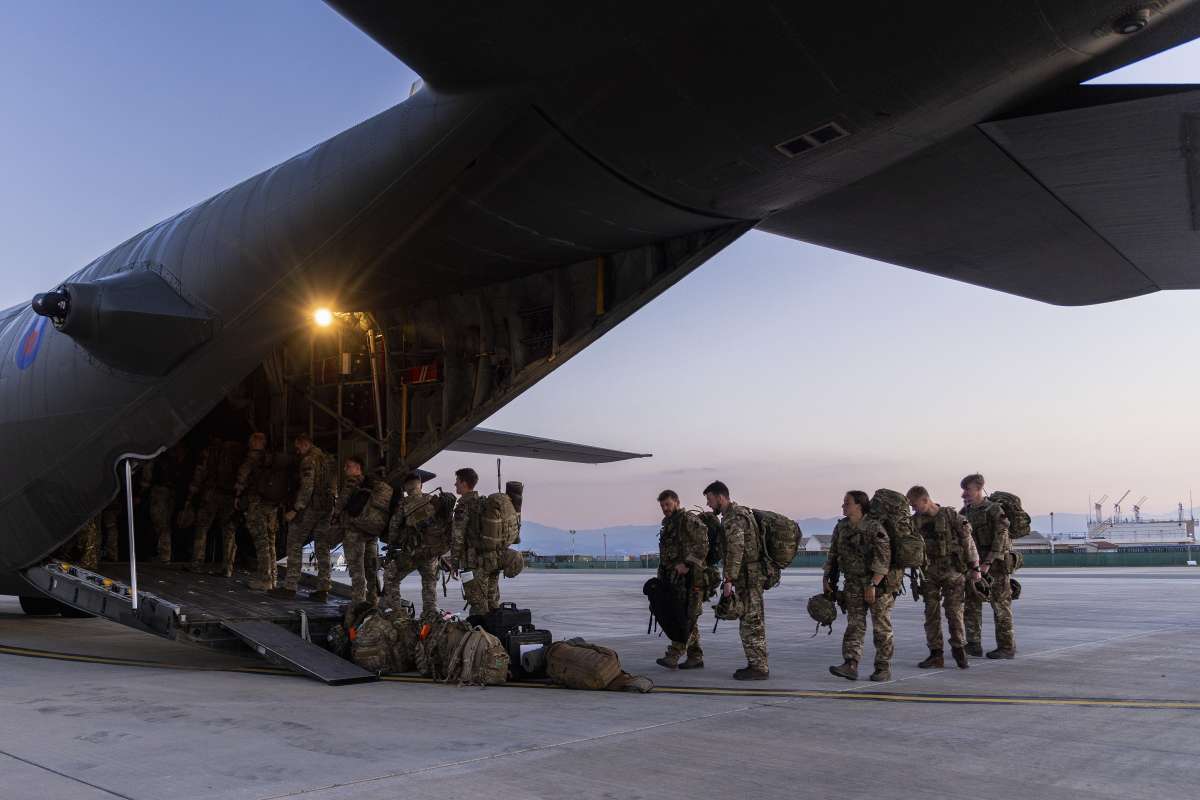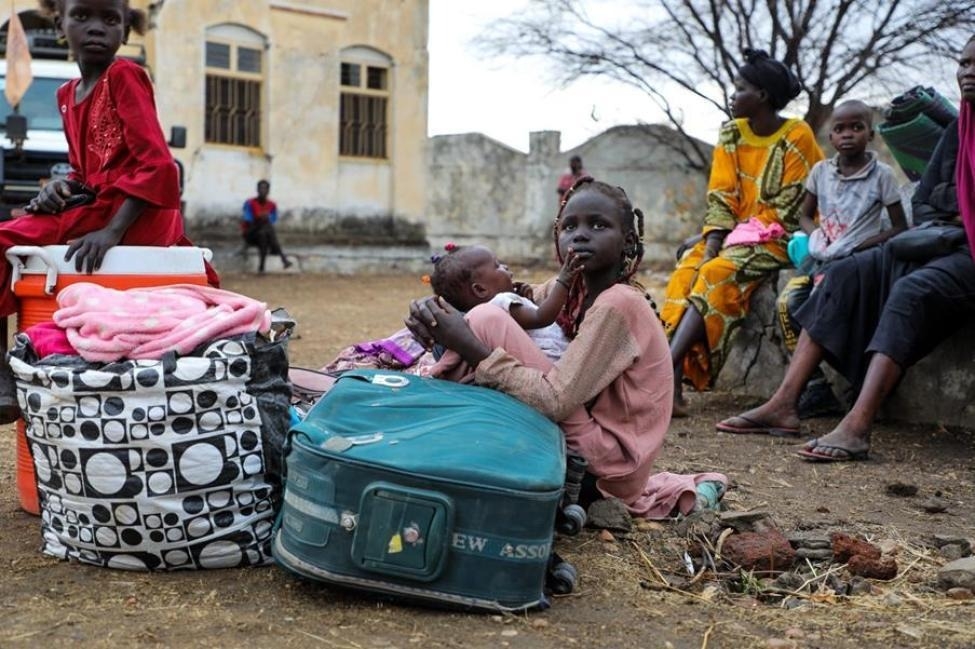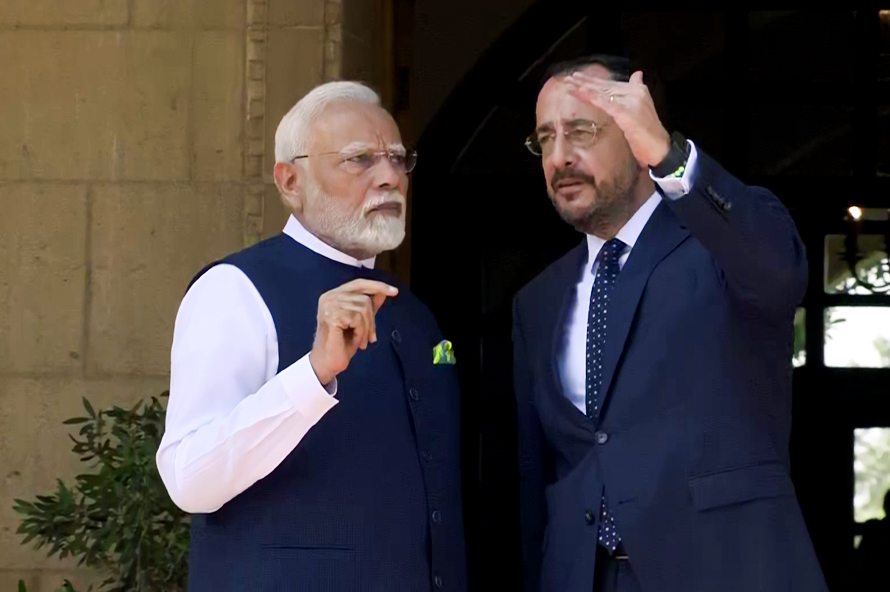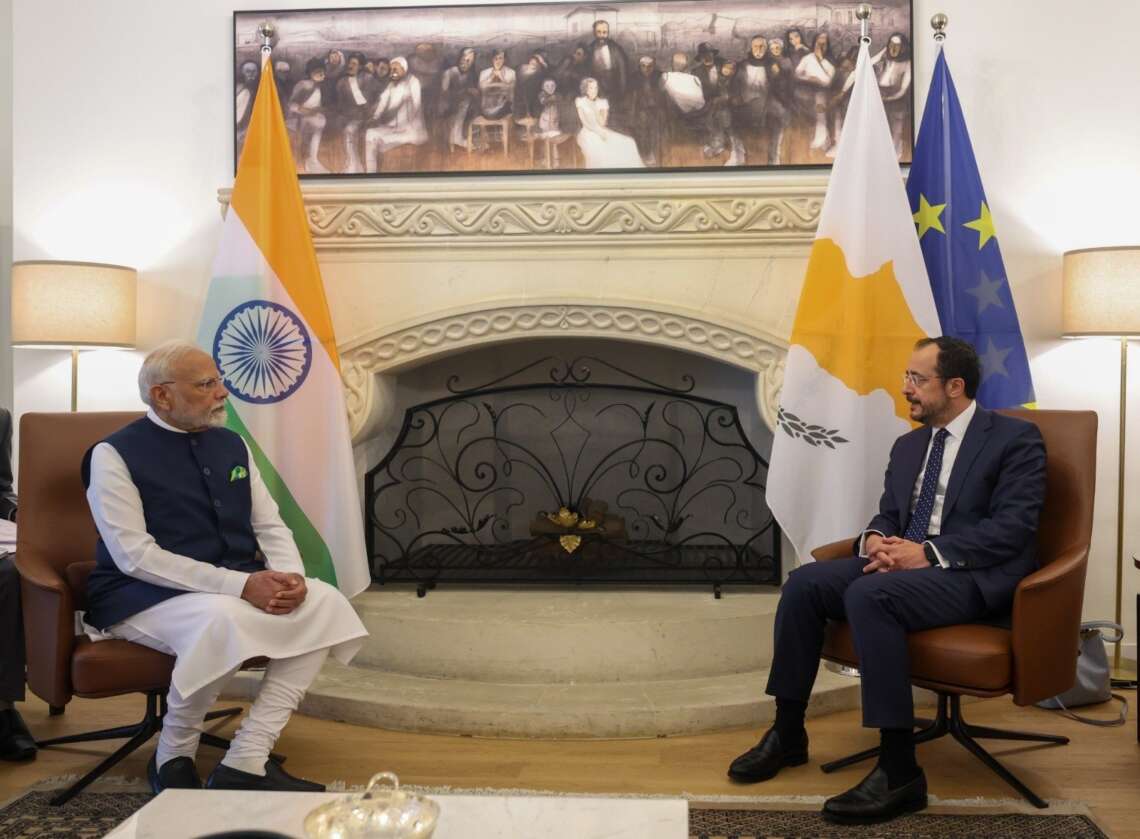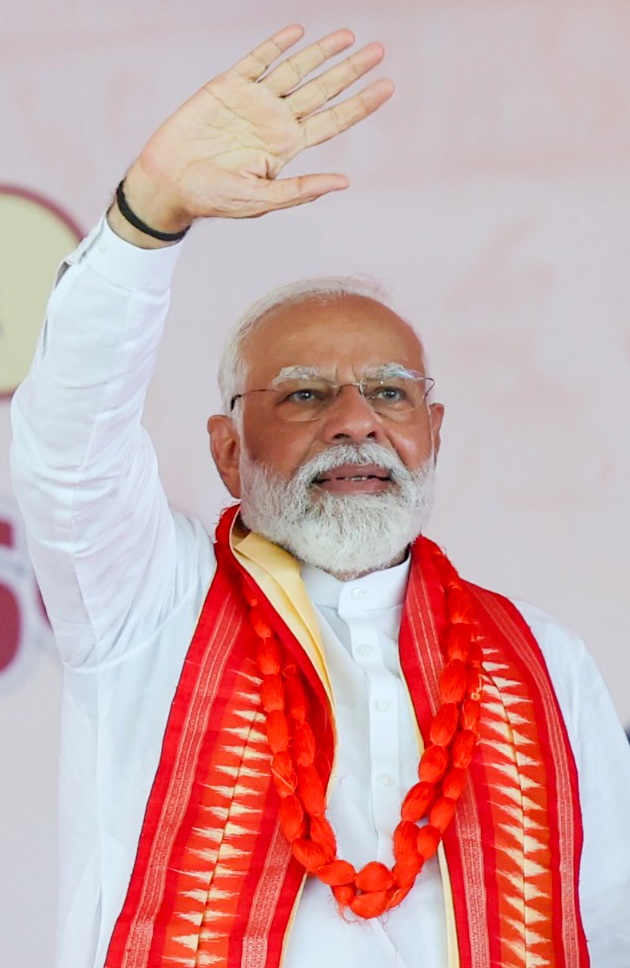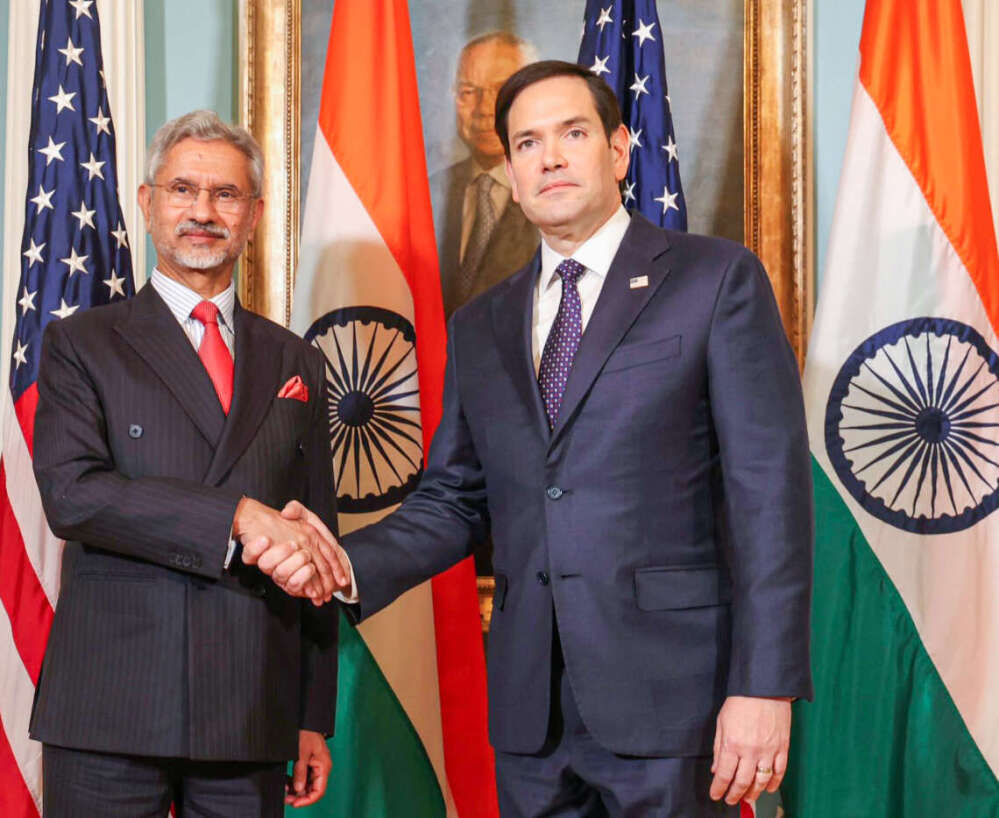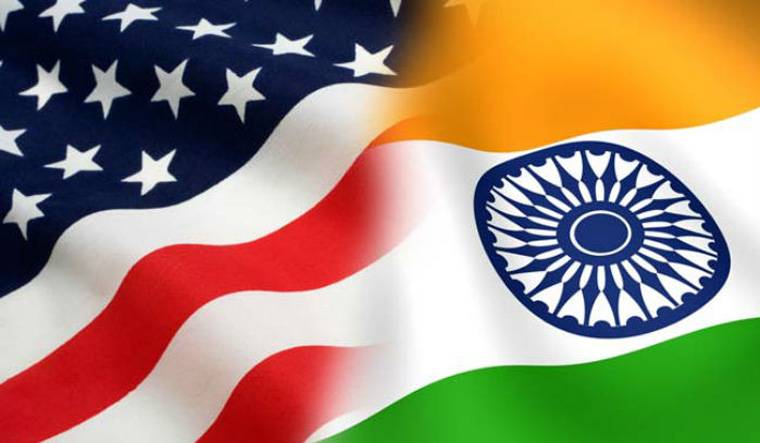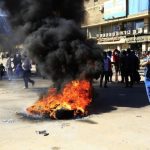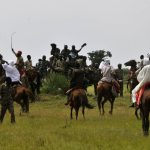British troops are attempting to get UK nationals out of the east African country during a 72-hour ceasefire…reports Asian Lite News
A second evacuation flight rescuing UK nationals from war-torn Sudan has landed in Cyprus. The passengers and a further 39 from an earlier rescue flight on Tuesday are expected to be given the chance to fly to the UK from Larnaca Airport later.
A third flight has departed Khartoum and is in the air. British troops are attempting to get UK nationals out of the east African country during a 72-hour ceasefire.
A Foreign Office spokesperson told that between 230 and 240 people were being evacuated. These are spread across the three flights, with the third due into Cyprus later on Wednesday.
Flights are set to continue throughout the day, the spokesperson added.
Trapped British nationals had been told to make their own way to an airstrip near Sudanese capital Khartoum, once it was clear the ceasefire that began at midnight local time (22:00 GMT) on Monday was holding.
An RAF military plane is being used to pick up British passport holders from the airstrip and fly them to Larnarca Airport where their documentation is checked. The RAF plane then refuels, before returning to Sudan to pick up the next batch waiting at the airstrip.
The Foreign Office said its aim is for evacuees to be in Cyprus for less than 48 hours before they can take up the option of flying to the UK.
Among the first group of evacuees to arrive in Cyprus were families with young children, some of them newborns, who were greeted by the Cypriot Red Cross which provided food and toiletries.
They have spent the night in Larnaca and will travel to London on a charter flight set to depart in the morning.
Passengers said they were delighted to be going home, but reaching the flight had been difficult because of limited UK government help. One man said he had to take a bus with his young family and had never been so scared.
Yahya Yahya said it was “a very difficult time” and he was “thankful that we’ve finally made it to a safe place”.
“The first day that the war started [I tried to leave the country], because I wanted to try and get my kids to a safe place,” he said.
A British man whose sister managed to be evacuated overnight told the BBC she felt an overwhelming sense of relief to have managed to escape a city where food and water have become scarce because it is not safe for people to leave their homes.
He said at one point she and 13 others had only four dates and one egg left to share between them.
It is not clear why more British passport holders have not been on the flights so far, but we know of one NHS doctor who is visiting an elderly mother, who herself doesn’t have a UK visa so there is a reluctance to leave her behind.
On BBC Breakfast on Wednesday, Swansea-based Saleh El-Khalifa said his mother, who is a British citizen, aunt and elderly grandfather had made their way to Port Sudan, and contact from the Foreign Office had been “minimal”.
He said the “timeframe” to reach the evacuation flight “would have made it almost impossible” for his mother to make it, and she was instead trying to reach Saudi Arabia and travel to the UK from there.
Around 120 British troops are supporting the evacuation at the Wadi Saeedna airstrip. Downing Street said the British military will defend the airfield in Sudan but clarified efforts would be made to avoid “active engagement” with other forces.
Clashes between the Sudanese army and paramilitary group the Rapid Support Forces (RSF) began on 15 April. Hundreds of people have since died and thousands have been injured in the conflict.
Airlifting large numbers of people out of Sudan has been complicated by major airports becoming battlegrounds, and movement out of the capital has been perilous.
Defence Secretary Ben Wallace previously told LBC Radio there was “some risk that some of the planes are not full” as there were “not thousands at the gate” like the evacuation from Afghanistan two years ago.
The government is also considering a seaborne evacuation from Port Sudan, some 500 miles from the capital. HMS Lancaster and RFA Cardigan Bay have been sent to the region.
Yasmin Sholgami, from west London, said it was 10 days since she had managed to speak with her grandparents, who live opposite the British Embassy in the Sudanese capital.
She said when she last spoke to her British national grandfather, 89, and grandmother, 75 and his spouse, they did not have food, water or electricity.
She described where they live as a “hotpot for fighting” and it would be “impossible for her grandparents to move”.
More than 2,000 British citizens have registered in Sudan with the Foreign Office.
ALSO READ-UK govt warns China secrecy over military expansion risks


